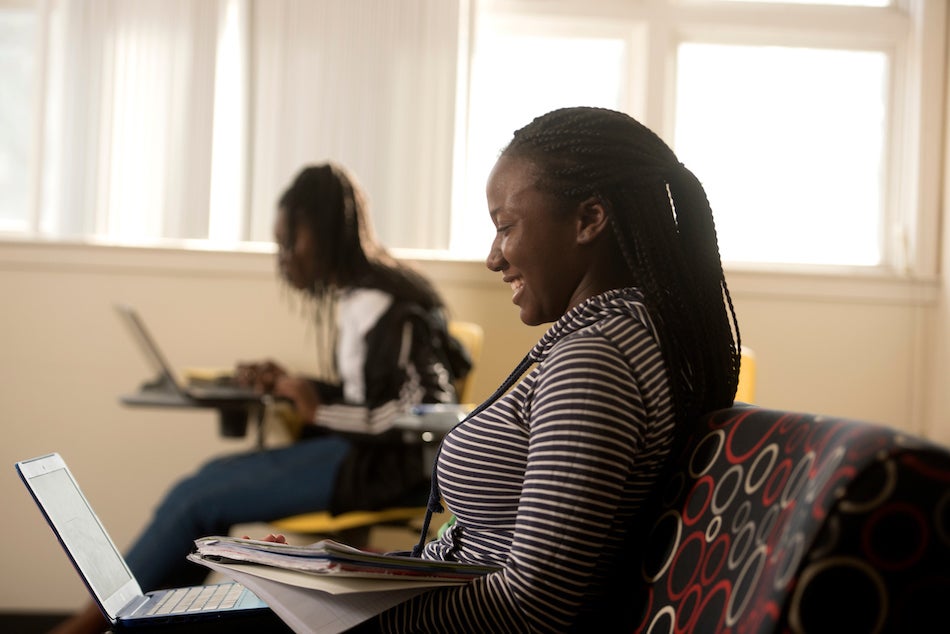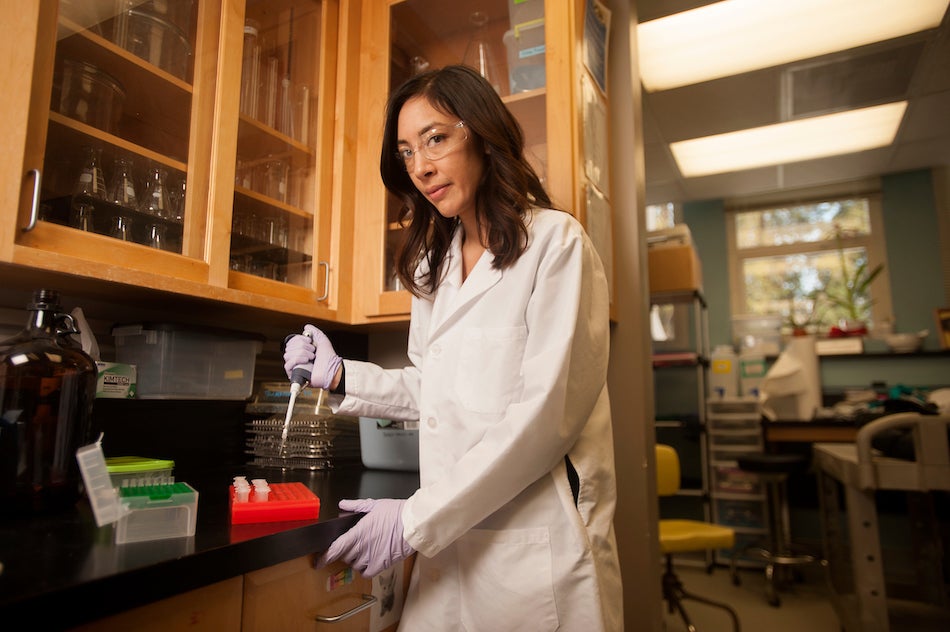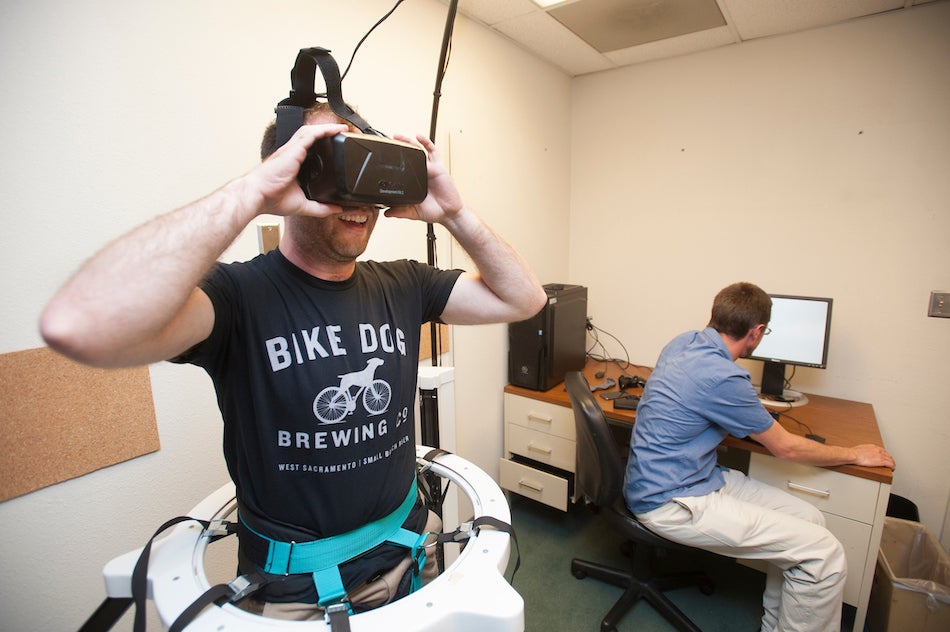From professors to parliament: The versatility of a psychology major
“Psychology is not a real science major.”
Daniela De La Cruz often hears this misconception as an undergraduate adviser for psychology at UC Davis. It discourages some of her students from pursuing the subject.
“Psychology is a STEM major,” De La Cruz emphasizes, “and it has a lot of real-world transferable skills that come along with it.”
Psychology is a skills-based major that prepares students for both graduate-level programs and careers in psychology, tech, medicine, education, business and law. Students can expect to learn the fundamental methods used to conduct psychological research and document their results in accordance with American Psychological Association guidelines. As well, they will be familiarized with the history of psychology, studying famous theories and influential psychologists such as Leon Festinger, Ivan Pavlov, Sigmund Freud and William James.
There are many reasons a student might consider pursuing a path in psychology. Sherry DeGrange, a UC Davis alumnus, reflects on her experience as a transfer student entering the program. “It took me a while to decide to do psychology,” she admits. “I was very stubborn — but I realized I like learning about people and why they do things.”
De La Cruz recognizes that the broad applications of psychology can also be daunting to students. “You have to be willing to put in the work and preparation, and be willing to take risks.” Psychology as an academic path is not necessarily linear in the same way that certain subjects are. A psychology major might go on to pursue a Ph.D. in their subject or take up a job in a clinical setting.
However, it is also common for these students to use their skills to find careers in education, politics, business and other fields that might not have seemed obvious at first.
The psychology program

UC Davis has a small psychology program, and its intimate nature allows for maximum immersion and plenty of opportunity for students to interact with professors. The major consists of 10 classes, six of which come from the four core groups in the department:
- Perception, cognition and cognitive neuroscience
- Psychobiology and disorder
- Social/personality
- Developmental
“What’s cool about it is that some of the classes in groups C and D have connections to other fields and disciplines,” De La Cruz says. These include sociology, human development, education, ethnic studies, neurobiology, physiology and political science. “Our students end up doing a lot of different things.”
And some courses have lasting impacts.
“I think about my abnormal psychology class all the time,” DeGrange says. “It was probably the best class and my favorite class that I took while I was at Davis.” She remembers the professor in charge of the course, Eva Schepeler, fondly.
“I mean, she would have her lecture, but she was just speaking out of her knowledge, which I found really admirable in her personal experiences working with the psychiatric population. She was just very passionate, involved in her work.”
Research, internships and study abroad

“Psychology is one of the oldest disciplines in the history of humankind, right along with philosophy,” De La Cruz explains. “If there is a reputable, well-established university out there in the world, it most likely is going to have a psychology program.”
The widespread accessibility of psychology programs translates into an abundance of opportunities for students to study abroad. Certain courses taken abroad can count toward the psychology major at UC Davis, as De La Cruz enthusiastically explains.
Some of the universities that UC Davis students can receive credit toward their major include:
In Australia:
- University of Melbourne
- University of Queensland
- University of Sydney
In Barbados:
- University of the West Indies
In Brazil:
- University of Rio de Janeiro
In Canada:
- McGill University
- University of British Columbia
There are several more programs around the world. A complete list of the universities and specific courses offered can be found on the psychology department’s website.
As a Tier 1 research school, UC Davis boasts plenty of opportunities for students to collaborate with professors, gain valuable professional experience and even partake in their own research.
“I picked Davis specifically because their psych program offers a lot of research opportunities,” DeGrange says.
PSC 199 allows students to serve as a research assistant in a lab, and there are many labs looking for assistants. And for internship experience and credit, psychology majors can take PSC 192 to further explore psychology-related fields.
Grad School and Career Paths

Noah Amerault, fourth-year psychology student at UC Davis, reflects on how his own budding career has been shaped by his experience in the program.
“I work at a psychologist’s office,” Amerault says. “I help him perform clinical assessments on his patients that test intelligence, memory and executive functioning. After, I will write reports and help the doctor in the process of diagnosing neurological impairments.”
“Psychology classes have directly taught me about the some of the illnesses I’m helping to diagnose, like anxiety, depression and dementia,” Amerault says. He adds that his coursework has helped him to recognize symptoms in the clinical setting.
Additionally, Amerault says, “It was surprising how fluently the things I’ve learned in class have transferred over.”
Amerault plans to go to graduate school for clinical psychology. The post-grad life of a psychology major often leads to discussions about graduate school.
“I know that sometimes it just feels like the natural step,” De La Cruz explains, “but students don’t necessarily need grad school in order to be successful.”
Although she is currently submitting graduate school applications and taking her GRE’s, DeGrange reflects on her own post-grad experience. In her fourth year as a UC Davis student, she took a job at a psychiatric crisis center where she worked for a year. She currently works with autistic children in the Davis area, with plans to become a teacher.
“I’ve changed my career five times,” she laughs. “You don’t have to go to grad school right after you graduate. I highly recommend working — grad school will always be there.”
Chloe Archambault is an English major working as a fellow in the Office of Strategic Communications.
